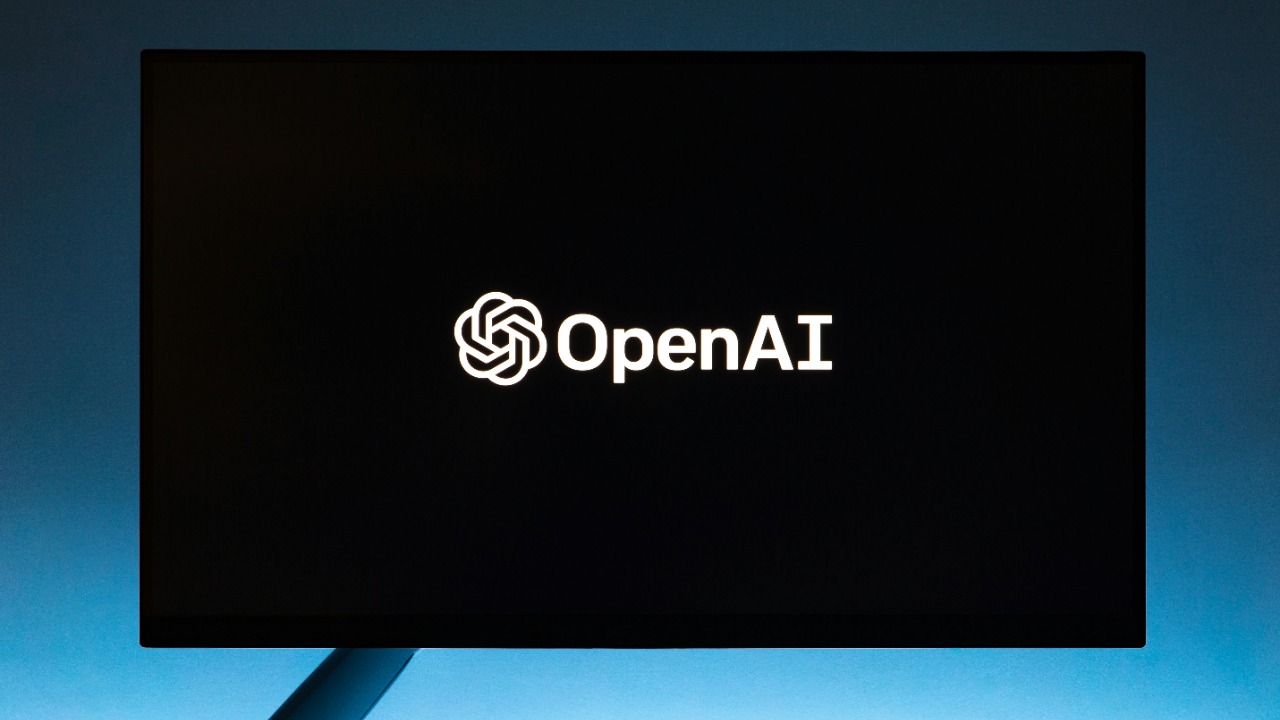The dawn of Artificial Intelligence (AI) has revolutionized the technology landscape, with AI assistants becoming indispensable in our day-to-day activities. We will explore the intriguing future of OS-level AI assistants, with a special emphasis on the anticipated advancements in 2026.
Understanding the Concept of OS-level AI Assistants

OS-level AI assistants are integrated directly into the operating system of a device, offering a seamless and intuitive user experience. They are capable of performing a wide range of tasks, from setting reminders and sending texts to answering questions and controlling smart home devices. AI assistants have evolved from rudimentary voice recognition software to sophisticated AI systems capable of understanding and responding to complex commands.
Operating systems and AI are intrinsically linked. The integration of AI into operating systems has led to the creation of smarter and more responsive systems. This symbiotic relationship has paved the way for the development of OS-level AI assistants, which are set to redefine user interaction with technology.
The Current Landscape of AI Assistants

The current AI assistant landscape is dominated by the likes of Siri, Alexa, and Google Assistant. These assistants are capable of performing various tasks, but their performance varies depending on the complexity of the task and the specific platform. For example, user feedback suggests that Siri’s AI capabilities lag behind Google Assistant’s.
Despite advancements in AI technology, current AI assistants still have limitations. These include a lack of context-awareness, limited personalization capabilities, and occasional inaccuracies in voice recognition. These limitations present areas for potential improvement and development in the coming years.
Predictions for AI Assistants in 2026

Given the rapid development of AI technology, the future of AI assistants in 2026 looks promising. According to expert predictions, we can expect sophisticated AI assistants capable of understanding and responding to nuanced human emotions and intentions. They will potentially have advanced personalization features and enhanced context-awareness capabilities.
AI technology has the potential to disrupt various industries by 2026. For instance, in the health sector, AI assistants could aid in remote patient monitoring and diagnosis. In the education sector, they could offer personalized learning experiences for students.
Impact of AI Assistants in the Automotive Industry

The automotive industry is one area where AI assistants have a significant role. With the development of software-defined vehicles and connected cars, AI assistants can offer enhanced safety and efficiency. For example, AI can predict potential collisions and suggest preventive measures, thereby improving safety.
However, the integration of AI into the automotive industry also presents potential challenges. These include data privacy concerns and the need for robust cybersecurity measures. Despite these hurdles, the potential benefits of AI technology in the automotive industry are immense, as detailed in this research report.
The Roadmap from Chatbot to AI Super Assistant

The journey from basic chatbots to advanced AI super assistants has been remarkable. Chatbots, which were initially designed to perform simple tasks, have evolved into sophisticated AI assistants capable of complex interactions. The OpenAI’s 2026 roadmap sets a vision for the development of AI super assistants, which are expected to revolutionize various sectors.
The impact of AI super assistants on user experience cannot be understated. With their advanced capabilities, these super assistants can offer personalized and intuitive user experiences. They can understand user preferences, anticipate needs, and offer tailored solutions, thereby disrupting various sectors and redefining user interaction with technology.